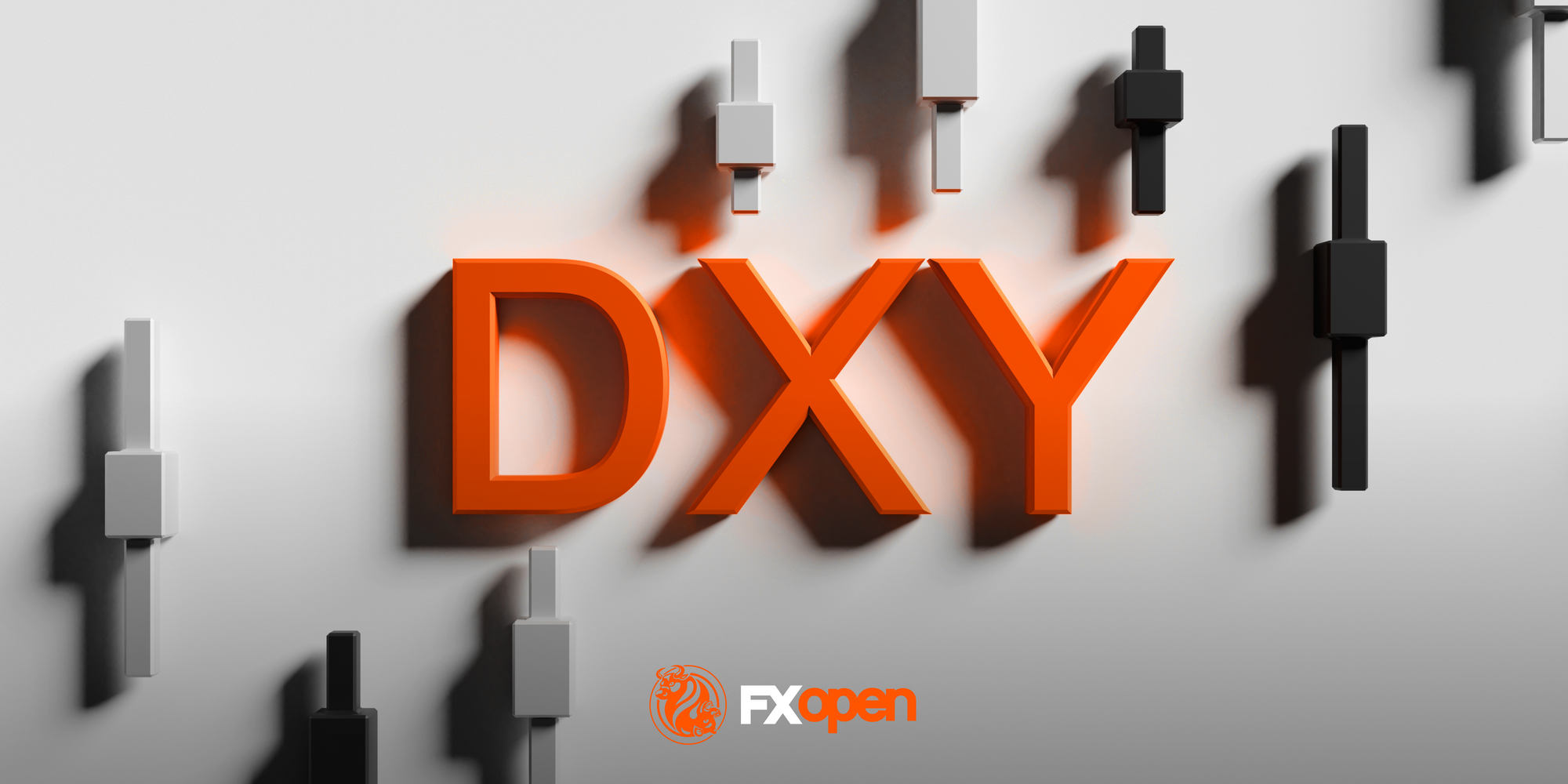FXOpen

Luis de Guindos, the Vice-President of the European Central Bank (ECB), has firmly dismissed the notion of rate cuts as "premature" amidst the ongoing struggle to combat surging inflation. Speaking to the Financial Times, he cautioned that overcoming the final hurdles to return inflation to the target rate of 2 percent will be a formidable task.
The ECB's governing council has been grappling with the sharpest inflation increase in a generation. To address this, the bank has undertaken a record 10 consecutive deposit rate hikes, bringing it to an all-time high of 4 percent. Despite recent inflation cooling off to a two-year low, the ECB emphasised that the recent spike in oil prices to a 10-month high presents new challenges.
In a statement to the press yesterday, Luis de Guindos said, "We are on our way towards 2 percent, but we must monitor that very closely, as the last mile will not be easy. The elements that might torpedo the disinflation process are powerful."
In addition to oil, other factors such as rapid wage growth, a weakened euro, and continued strong demand for services could sustain high inflation rates. Eurozone inflation data released on Friday revealed a drop to 4.3 percent in the year to September, surpassing economists' expectations.
Although most economists anticipate a contraction in the eurozone economy for the third quarter, potentially reducing inflationary pressures and deterring further rate hikes by the ECB, the recent sell-off in bond markets has created uncertainty. Investors have grown concerned about central banks signalling a commitment to keeping rates high before considering cuts.
Current sentiment appears to suggest that the ECB will maintain high interest rates for an extended period. The crucial factor influencing the ECB's next move, according to Mr de Guindos, is the speed at which policy tightening filters through from banks and bond markets to consumers and businesses. Typically, monetary policy changes take about a year to fully impact inflation. If rapid transmission leads to sustained high inflation, further rate action may be necessary.
While borrowing costs have surged and loan demand has dwindled, many households and companies have locked in low rates for extended periods, providing a buffer against the ECB's tightening policies. Higher government spending in Italy and France has also contributed to inflationary pressures.
The significant increase in interest rates has led to property price declines in parts of Europe, a concern for financial stability. Some ECB governing council members have proposed a swifter reduction of "excess liquidity" in the banking system. Reserves of around €3.7 trillion inflict losses on national central banks, potentially prompting discussions on modifying minimum reserve requirements. However, the ECB's primary focus remains price stability rather than profit and loss for national central banks.
There is much talk about the potential for reinvestments in the €1.7 trillion Pandemic Emergency Purchase Programme (PEPP) happening sooner than initially anticipated. This program involved buying bonds during the pandemic. While a few ECB executives have suggested the idea of reducing the PEPP, these discussions are in their early stages. Nevertheless, many believe that such actions could be put into effect in the near future.
Remarkably, the Euro has maintained its strength against the Pound for over a month, with only a slight dip in the past week. This is a notable deviation from previous months, indicating a potentially changing dynamic in currency markets.
Trade over 50 forex markets 24 hours a day with FXOpen. Take advantage of low commissions, deep liquidity, and spreads from 0.0 pips (additional fees may apply). Open your FXOpen account now or learn more about trading forex with FXOpen.
This article represents the opinion of the Companies operating under the FXOpen brand only. It is not to be construed as an offer, solicitation, or recommendation with respect to products and services provided by the Companies operating under the FXOpen brand, nor is it to be considered financial advice.
Stay ahead of the market!
Subscribe now to our mailing list and receive the latest market news and insights delivered directly to your inbox.








